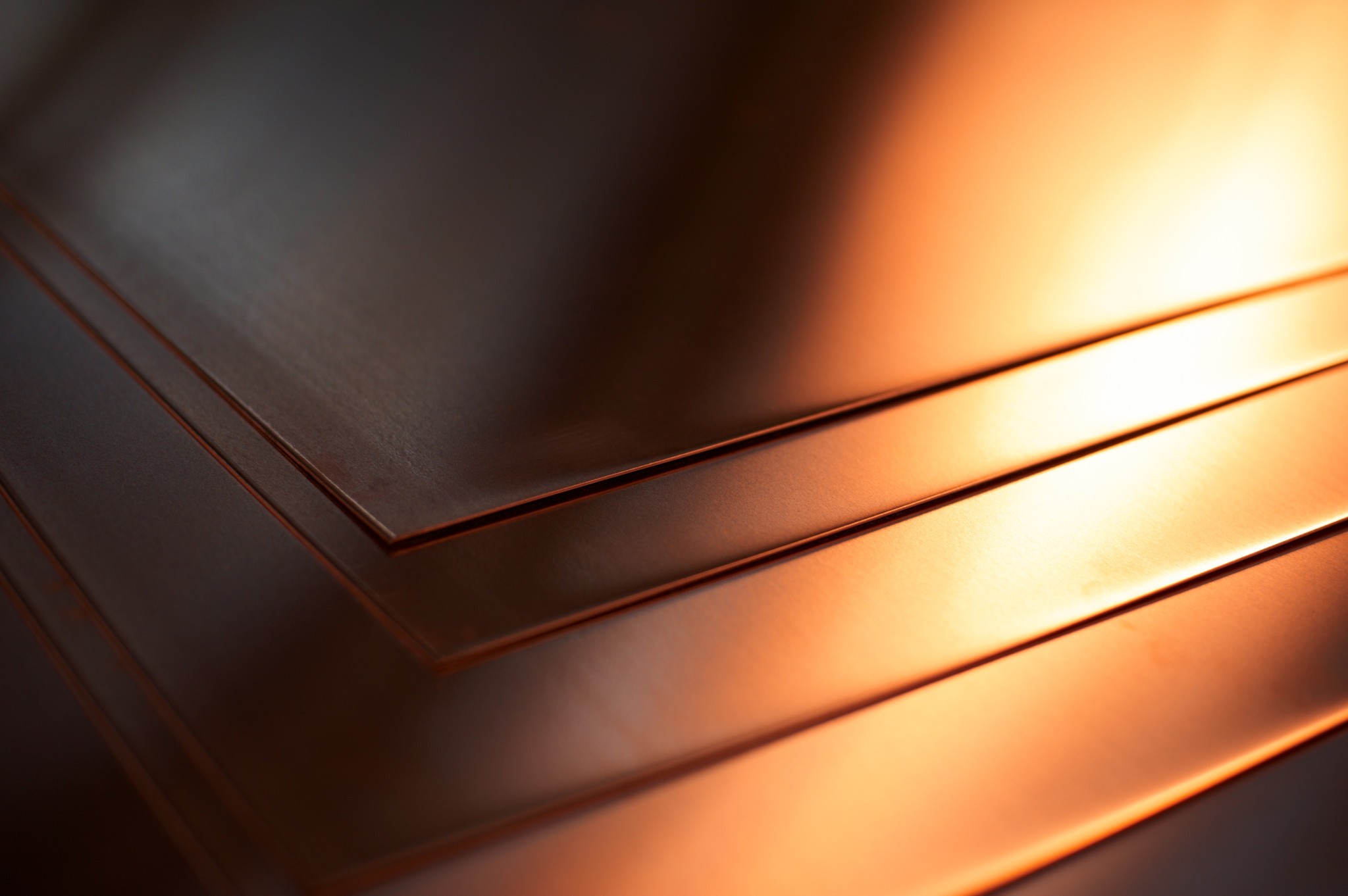Investing in the Future: How the Latest Sheet Metal Fabrication Technologies Are Changing the Industry Landscape+ View more
Investing in the Future: How the Latest Sheet Metal Fabrication Technologies Are Changing the Industry Landscape
+ View more
Date:2024-04-19 16:00
Sheet metal fabrication, as a crucial branch of the manufacturing sector, has undergone years of technological evolution and development and has become an indispensable part of modern industry. With new technologies constantly emerging, this traditional field is experiencing revolutionary changes. From automation to intelligent manufacturing, from material science to data analytics, the application of the latest technologies not only improves production efficiency and product quality but also changes the competitive landscape of the industry. This article will explore the latest technological trends in the industry and their significant impact on enhancing service levels.
Automation and Robotic Technology
Automation has become a standard technology in the sheet metal fabrication industry. By using robots for tasks such as material handling, component assembly, and welding, production processes become more standardized, faster, and consistent. Furthermore, combined with machine vision systems, robots can achieve more precise positioning and inspection, greatly improving machining accuracy and reducing human errors.
3D Printing and Additive Manufacturing
The application of 3D printing technology in sheet metal fabrication opens up new possibilities for design and manufacturing. Additive manufacturing allows direct printing of complex structural components, significantly shortening the time for prototyping and small batch production. This flexibility makes the creation of customized products simpler and more efficient than ever before, while also supporting iterative design improvements.
Digital Twins and Simulation
Digital twin technology utilizes virtual models to simulate real manufacturing environments and product performance, enabling the prediction and resolution of potential issues before production. Through simulation, enterprises can test various production scenarios without expending actual resources, effectively reducing investment risks and accelerating product development cycles.
Lean Manufacturing and Smart Factories
The core of lean manufacturing is to eliminate waste and optimize processes. The concept of smart factories takes this idea to the extreme by integrating information systems to monitor the status of production lines in real-time and automatically adjust production plans to respond to demand changes. In addition, big data analysis optimizes supply chain management, ensuring the most efficient use of resources.
Environmental Friendly and Sustainable Development
The use of eco-friendly materials and renewable energy, along with advancements in waste recycling technology, is pushing the sheet metal fabrication industry towards a more environmentally friendly and sustainable direction. This aligns not only with the global trend of sustainable development but also reflects the market and consumers' growing attention and demand for green products.
The application of the latest sheet metal fabrication technologies offers unlimited possibilities for improving product quality, optimizing production processes, reducing costs, and increasing market response speed. As participants in the industry, we must keep pace with technological developments and continuously invest in new technologies and equipment. Only then can we secure a place in the fierce market competition, provide more professional and efficient services to our customers, and lay a solid foundation for the long-term development of the enterprise.
Share to:
Recommend wonderful blog posts

